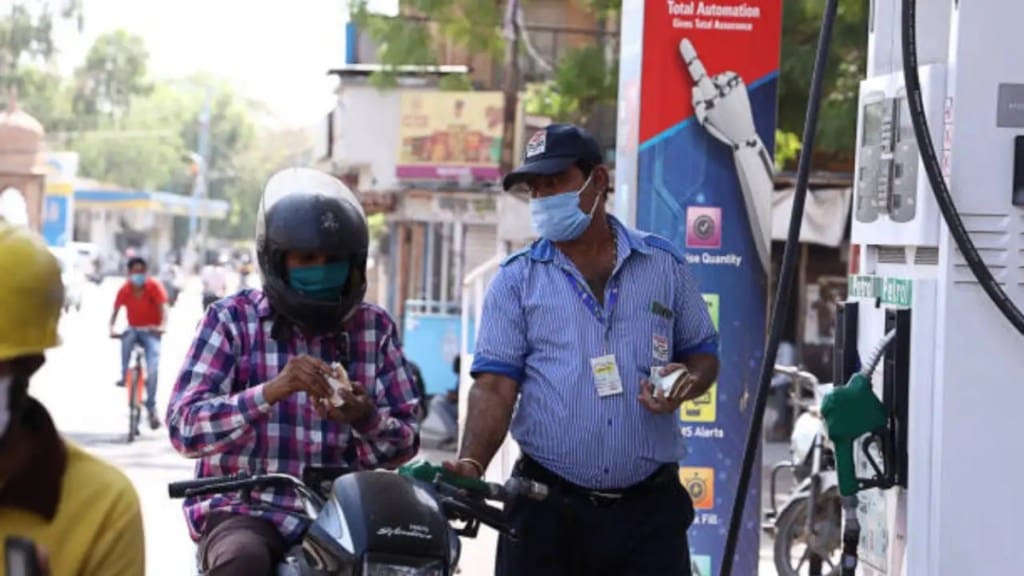The Uttar Pradesh Government recently announced a new “No Helmet, No Fuel” campaign which is set to kickstart from 1 September 2025. Under this campaign, fuel stations across the state will deny petrol to riders without helmets. This new campaign is aimed at improving road safety and compliance with the law.
95% of Rs 110 helmets fake: Rajeev Kapur
Rajeev Kapur, President of the Two-Wheeler Helmet Manufacturers Association of India (2WHMA), has extended his strong support for this bold move while calling attention to a growing public safety crisis. However, he has warned that without enforcement reforms, the initiative could have unintended consequences.
“When organized market helmets remain unchanged in demand, the unorganized sector capitalizes. Fake manufacturers—even 95% holding BIS licences—operate non-stop, churning out substandard helmets priced at just Rs 110 and widely circulating through UP, Ghaziabad, Loni, and Delhi-Karari. These fakes cost lives”, said Kapur.
He further emphasized that curbing the supply of counterfeit protective gear must go hand in hand with awareness campaigns. According to “Mission Save Lives 2.0” awareness initiative led by Kapur, up to 95% of Rs 110 helmets in the market are fake, which is an alarming concern. These helmets are structurally unsafe and even a minor blow can damage the construction, thus, posing serious risks to safety.
Way to tackle counterfeit helmets
More comprehensive data reveals that nearly 70% of helmets sold in Delhi are counterfeit, failing basic impact tests by collapsing on the first strike, whereas genuine helmets maintained their form—exposing a serious public safety lapse. Kapur believes that motorcycle companies should include two genuine ISI-certified helmets in every vehicle sale, with the cost embedded in the bike price, which will help
Federal and state agencies must strictly enforce Motor Vehicle Rule 138F, ensuring that every two-wheeler is sold with a helmet. At the same time, stringent action, including FIRs and heavy penalties, should be taken against manufacturers and sellers of counterfeit helmets. Equally important is sustained public education and media outreach to promote the use of BIS-certified helmets, which remain the only legally approved safety gear.
